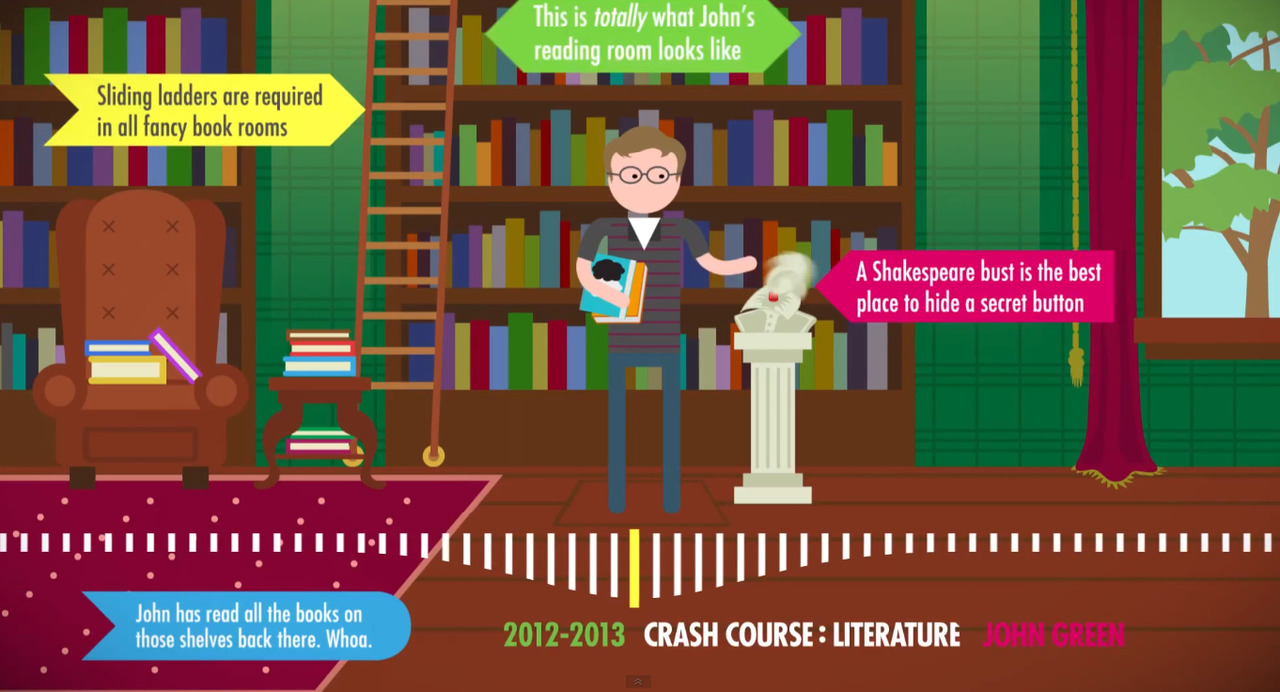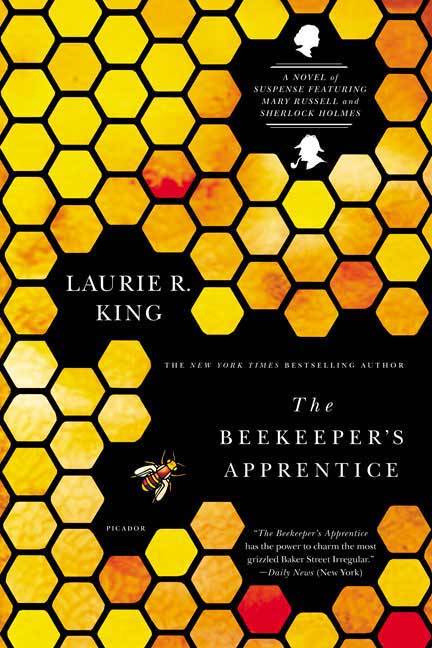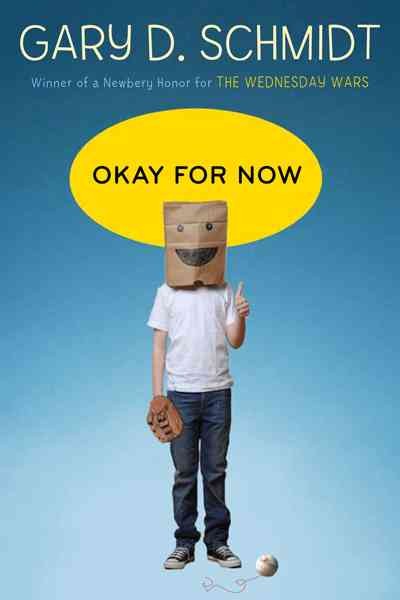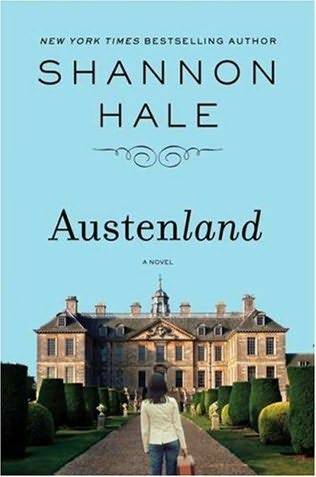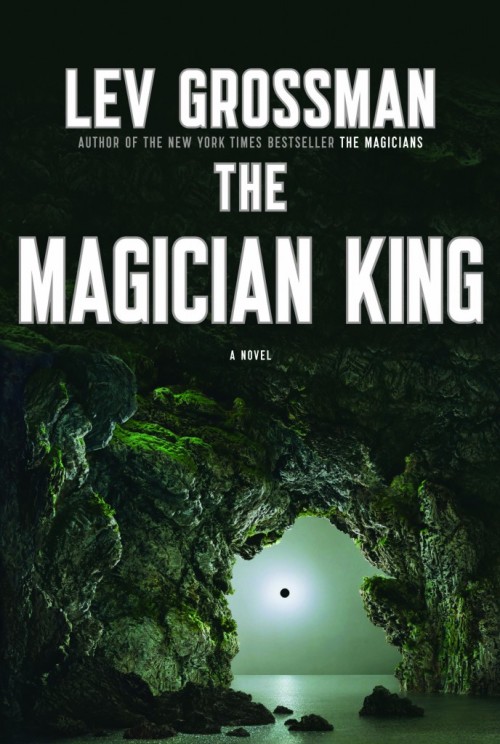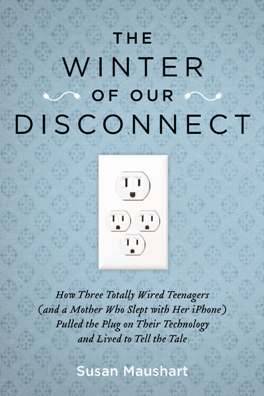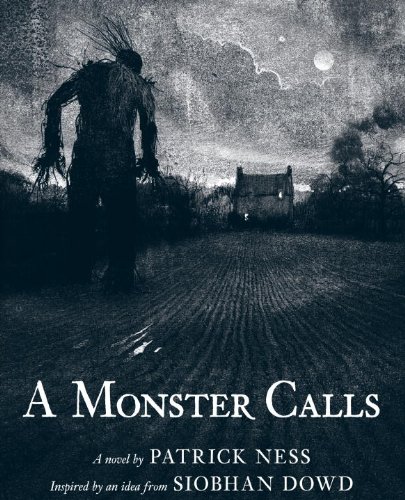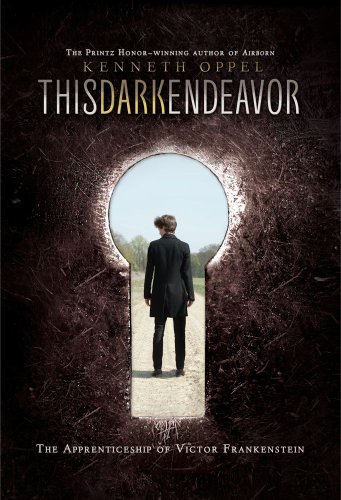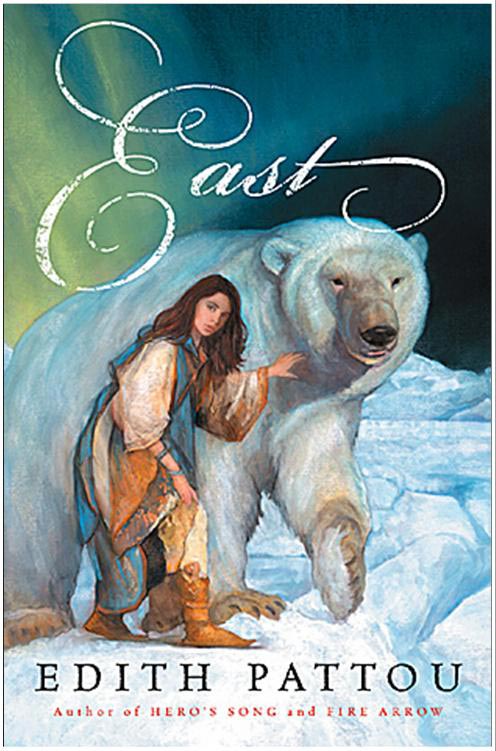The Winter of Our Disconnect:
How Three Totally Wired Teenagers (and a Mother Who Slept with her iPhone)
Pulled the Plug on their Technology and Lived to Tell the Tale
by Susan Maushart
"'If you ever want to know what was going through Frodo Baggins' mind as he stood clutching the evil ring over the lava pits of Mt. Doom in The Return of the King,' wrote Norman, 'buy an iPhone.'"
Susan Maushart sleeps with her iPhone. Her kids are always listening to their iPods, playing computer games, or surfing the web. Finally, Susan has had enough and she decides to do an experiment: the family will unplug for 6 months. This means no TV, no computers, no iPods, no cell phones. They go from constantly being connected to actually making a connection.
This was one of those books I put on my list never really intending to read. Non-fiction isn't really my thing. However, immersive journalism is. I was struggling with my own media addiction and needed a palate cleanser after so many YA and juvenile fantasy books, so I picked it up.
While this book is rather frustratingly structured (she tries to go chronologically, but then also by theme, so you end up with a lot of repeated information and you get lost in the timeline), the content really struck a chord with me.
There are two large worries that prevent the modern person from attempting an experiment like this: the fear that we will be bored, and the fear of loosing connection. The family struggles with both of these. The children whine and go to friends houses to use their technology, at first (the experiment is limited mostly to the house). However, then a transformation occurs. The family starts talking to each other. The kids spend time in each other's rooms looking at magazines and listening to CDs. They help their Mom cook dinner, and actually spend time at the table, rather than gobbling and racing off to play more video games. Friends came over for board game nights and sing-alongs around the piano. They looked at actual photo albums and told stories.
The most incredible change really resonated with me: the son used to love the saxophone, but then when he got a monster gaming station, he let it fall by the wayside, and said he would pick it up again "when he had more time." I say the same thing about my violin. However, when technology was forbidden him, he picked up the sax again, practiced for hours every day, had jam sessions with his friends, and started a band. He discovered he wanted to be a musician as a career. Think of what we could do if we didn't have computers. Susan makes an excellent point that often boredom is the mother of invention. It pushes you to fulfill unmet needs, to be determined, prepared, patient and experimental.
Another element to the boredom debate that Susan touches on is the myth that parents need to entertain their children 24/7. That they feel like a deficient parent if their kids are bored. Not only that, they feel deficient if they are not on call to help their kids out with every little problem. Susan learns through this experiment, and through her research, that boredom is actually a good thing. Kids learn best when they are able to figure things out for themselves. It gives them ownership over the knowledge. However, if a parent is constantly trying to IV entertainment into their kid's bloodstream, or doesn't let their kids get lost and have to find their own way back (even at age 23), they will never be self-sufficient. It is no wonder that 30 is the new 20. People remain children a lot longer because they don't know how to take care of themselves.
Fear of loss of connection was a huge issue for them (and would be for us). 1) Cell phones. What if an emergency happens? What if I am late to pick up someone, how do I tell them? It turns out, if there is an emergency, they will find you some how. The son was in a car accident, got a ride home, and called his mom afterwards. He handled the situation himself. And it turns out that if you set up a time to pick someone up, and neither of you have a cell phone, they will be there on time. Planning ahead. Who knew?
2) Missing news: newspapers. A huge theme of this book was, if you need to know, you will find out. You don't need to drown in minutiae. If something important happens, you will be told. Relax.
3) Loosing connection. It turns out, people feel more connected when they don't have the internet. The surfacey texting, IMing, Facebook messaging and e-mailing does a lot less for you than sitting down with someone face to face and having a conversation. This connected feeling we crave is really the need for human contact. Which is ironic, because the internet makes us feel like we are getting that, when we are really not.
The book also touches on the now well-known research about the Millennials (and us now) and how they (we) are lateral readers (surface over depth), and think the easiest research is the best research. No concept for reliable sources, multitasking actually doesn't exist and is detrimental to focus and performance, high computer/tv use leads to depression and atrophied social skills (possibly autism), those kids who had family meal times at the dinner table had more well adjusted kids than those who didn't, etc. She actually mentions a lot of books I had already read about the subject.
One thing that surprised me, though is that what we think of as normal teenage behavior (unresponsiveness, weird sleep patterns, surliness, sitting on the couch, eating junk food, and watching tv for hours, AND not expressing natural adult behavior until -gasp- 28) is actually not natural. People say it is natural because it is an epidemic, and every teenager does it now, but that was not always the case. It is a combination of inactivity, over-parenting, lack of sleep due to technology, and the perpetuated myth of the "this is how I am supposed to act" surly teen.
Within all the studies and research, Susan gives the reader concrete examples about how her family has reflected the studies.
Another nice thing about this book is that she does not take sides. It may seem that she is heavily anti-technology, but the relief she feels when she gets back her technology says otherwise. She has learned from the experiment to live in moderation.
I really recommend this book for anyone who had that nagging feeling that they should be doing something else other than Facebook.
More Books Like This:
The Happiness Project by Gretchen Rubin
Eat, Pray Love by Elizabeth Gilbert
A Year of Living Biblically by A.J. Jacobs
The Guinea Pig Diaries: My Life as an Experiment by A.J. Jacobs

